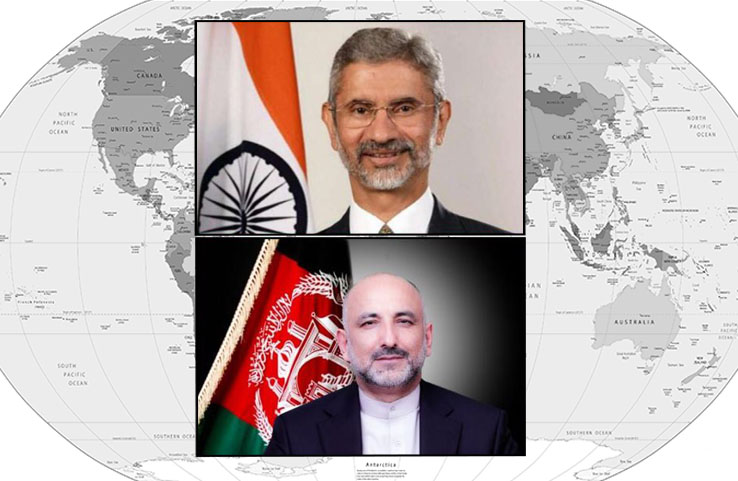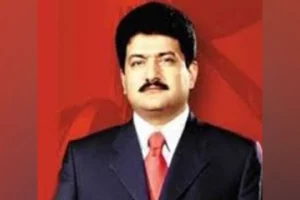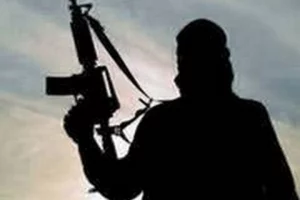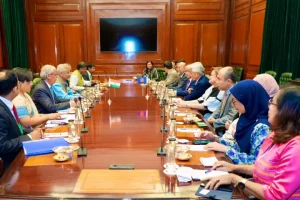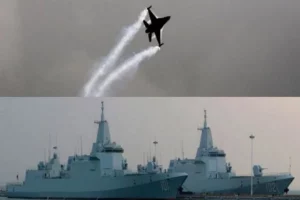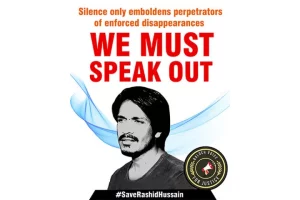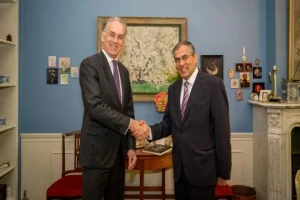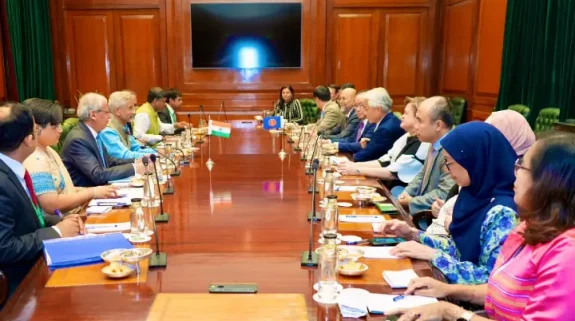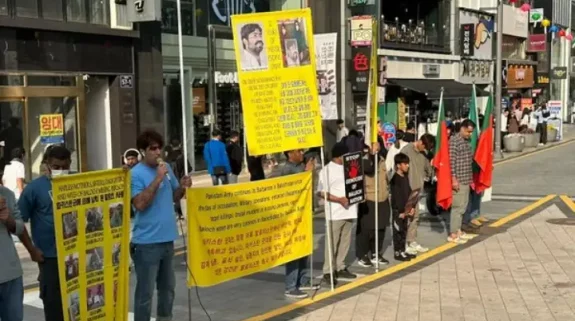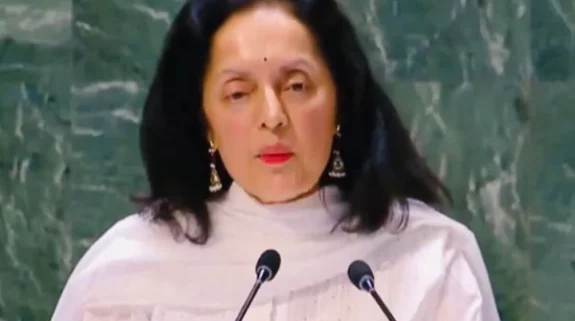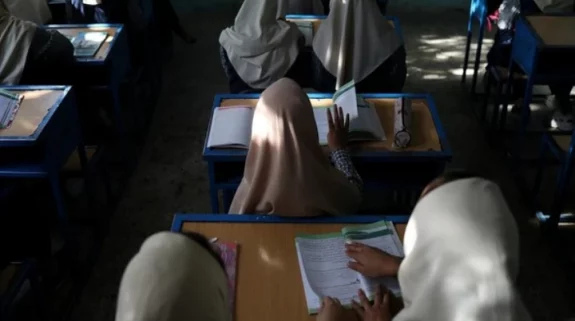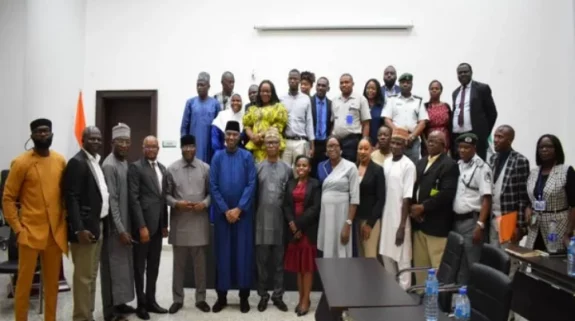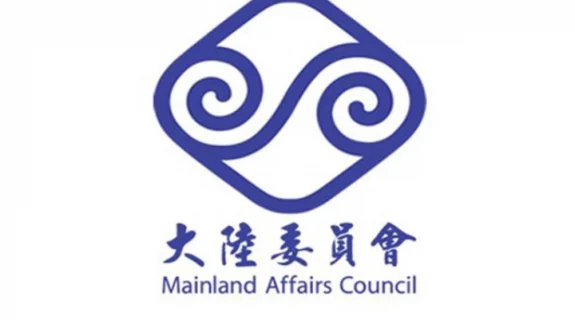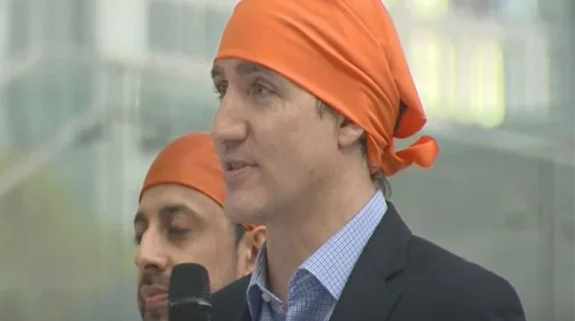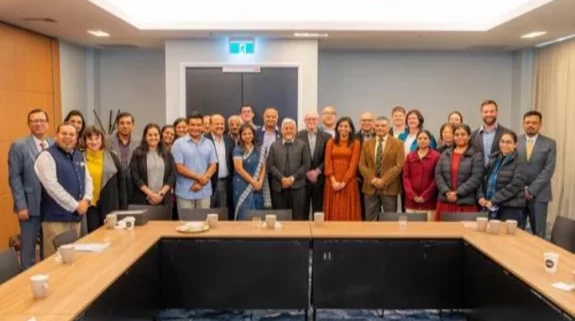The Afghan foreign minister Mohammad Haneef Atmar is in New Delhi against the backdrop of a fresh US initiative to find a peaceful settlement in war-torn Afghanistan.
Atmar’s visit to India is significant in the light of the Joe Biden-led US administration’s fresh approach to the Afghan peace talks , which includes India’ s participation.
According to media reports, an Indian delegation led by Joint Secretary for Iran-Pakistan-Afghanistan J.P. Singh in the Ministry of External Affairs (MEA) had gone to Kabul on Friday to prepare for Mr. Atmar’s visit and for briefings on the recent developments.
During his meeting with the India’s External Affairs minister S. Jaishankar on Monday evening the visiting Afghan Minister will share the details on recent developments related to the troubled peace process. He is also going to meet Prime Minister Narendra Modi and the National Security Advisor (NSA) Ajit Doval.
Last week, Jaishankar and the visiting US Secretary of Defence Lloyd Austin had discussed the ongoing Afghan peace talks. Austin left New Delhi Sunday and made a stop in Afghanistan before heading back to the US.
Austin's trip came at a time when the US was reviewing the Doha agreement, which the country had signed with the Taliban in February 2020.
In a report last week, NBC News had said that President Biden is considering keeping US troops in Afghanistan until November, rather than withdrawing them by the May deadline, TOLO News reported.
In tune with the flux in Afghanistan, India has high stakes in preventing the return of Pakistan in Kabul, with the possibility of the Af-Pak zone becoming a springboard for breeding and launching terror groups in Kashmir. India is especially opposed to a larger profile for the Haqqani group, well-known to be backed by the Pakistani ISI.

It may be recalled that NSA Doval had visited Kabul on January 13 and had a detailed talks with the Foreign Minister Atmar, President Ghani, chairperson of Afghanistan's High Council for National Reconciliation Dr Abdullah Abdullah among others on Counter-terror, building regional consensus for supporting peace in Afghanistan and other key issues.
Last year India had attended the start of the Intra-Afghan Talks between the Afghan government and the Taliban in Doha and Jaishankar had said in his address, “During the address, Jaishankar said that the peace process must be Afghan-led, Afghan-owned and Afghan-controlled. “Addressed the conference on Afghan peace negotiations at Doha today. Conveyed that the peace process must be Afghan-led, Afghan-owned and Afghan-controlled, respect national sovereignty and territorial integrity of Afghanistan, promote human rights and democracy, ensure interest of minorities, women and the vulnerable, effectively address violence across the country,” he added, “The friendship of our peoples is a testimony to our history with Afghanistan. No part of Afghanistan is untouched by our 400-plus development projects. Confident that this civilizational relationship will continue to grow.”
India has persistently called for an Afghan-led, Afghan-owned and Afghan-controlled peace process which leads to a settlement that preserves the gains and democratic processes established over the past two decades. India has key stakes in peace and stability in Afghanistan, having pledged $3 billion for the reconstruction and development of the country.
There has been a flurry of developments related to Afghanistan over the past few days starting the US secretary of state Antony Blinken’s letter to the Afghan President Ashraf Ghani outlining the next steps in the peace process and a draft peace agreement and hold the UN lead meetings of foreign ministers and envoys from Russia, China, Pakistan, Iran, India and the US to discuss a unified approach to supporting peace in Afghanistan. This was followed by a Russia-initiated meeting in Moscow last week at which the nations involved issued a joint statement calling on the Afghan sides to reach a peace deal and curb violence, and on the Taliban not to launch any offensives in the spring. They also said they "did not support the restoration of the Islamic Emirate."
The first UN led meeting on the peace process in Istanbul is expected early in April. Afghan President Ashraf Ghani has said that he will attend the conference if the Taliban leader Hibatullah Akhundzada attends the event.
Before this meeting, there is the Ninth Ministerial Conference Heart of Asia – Istanbul Process which is being held in Dushanbe on March 30 and Jaishankar will be participating in this meeting.
Heart of Asia – Istanbul Process is a decade old initiative of Afghan-Turkey that has 15 countries as part of it. The initiative aims at peace in Afghanistan. Most of the countries are Afghanistan's neighbours and west Asian countries like Iran, Saudi Arabia and UAE as part of it.






